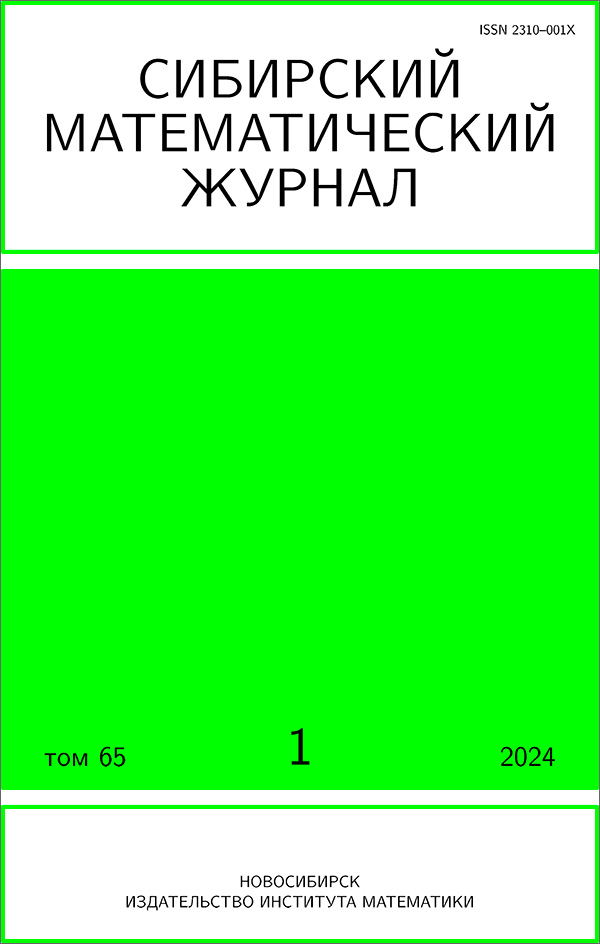|
|
Sibirskii Matematicheskii Zhurnal, 2001, Volume 42, Number 4, Pages 825–848
(Mi smj1428)
|
 |
|
 |
This article is cited in 8 scientific papers (total in 8 papers)
Regularizing a nonlinear integroparabolic Fokker–Planck equation with space-periodic solutions: existence of strong solutions
M. M. Lavrent'ev (Jn.)a, R. Spiglerb, D. R. Akhmetova
a Sobolev Institute of Mathematics, Siberian Branch of the Russian Academy of Sciences
b Università degli Studi Roma Tre
Abstract:
A nonlinear Fokker–Planck-type parabolic integrodifferential equation is studied. It arises from statistical description for the dynamical behavior of populations of infinitely many nonlinearly coupled random oscillators subject to“ean-field” interaction (the space-integral term in the equation accounts for this). Such a model generalizes and improves the celebrated Kuramoto model which describes a variety of phenomena, in particular self-synchronization, in fields ranging from biology and medicine to physics and neural networks. Space-degenerate diffusion suggests to consider a regularized equation, where a small spatial diffusion is incorporated in the model equation. The peculiarities of the problem include (besides degeneracy) unbounded coefficients, space-periodicity of the sought solution, and a nonlinear space-integral term. Estimates, uniform in regularization parameters, allow the taking of a limit which identifies a solution to the original problem in certain Sobolev and Holder spaces. Existence of strong solutions is thus established. Precise decay estimates for convolutions of continuous functions with fundamental solutions to linear parabolic equations on unbounded domains (obtained by the authors earlier) are used intensively as an essential tool for general linear parabolic equations in $R_n$.
Received: 22.12.2000
Citation:
M. M. Lavrent'ev (Jn.), R. Spigler, D. R. Akhmetov, “Regularizing a nonlinear integroparabolic Fokker–Planck equation with space-periodic solutions: existence of strong solutions”, Sibirsk. Mat. Zh., 42:4 (2001), 825–848; Siberian Math. J., 42:4 (2001), 693–714
Linking options:
https://www.mathnet.ru/eng/smj1428 https://www.mathnet.ru/eng/smj/v42/i4/p825
|


| Statistics & downloads: |
| Abstract page: | 255 | | Full-text PDF : | 80 |
|





 Contact us:
Contact us: Terms of Use
Terms of Use
 Registration to the website
Registration to the website Logotypes
Logotypes








 Citation in format
Citation in format 
